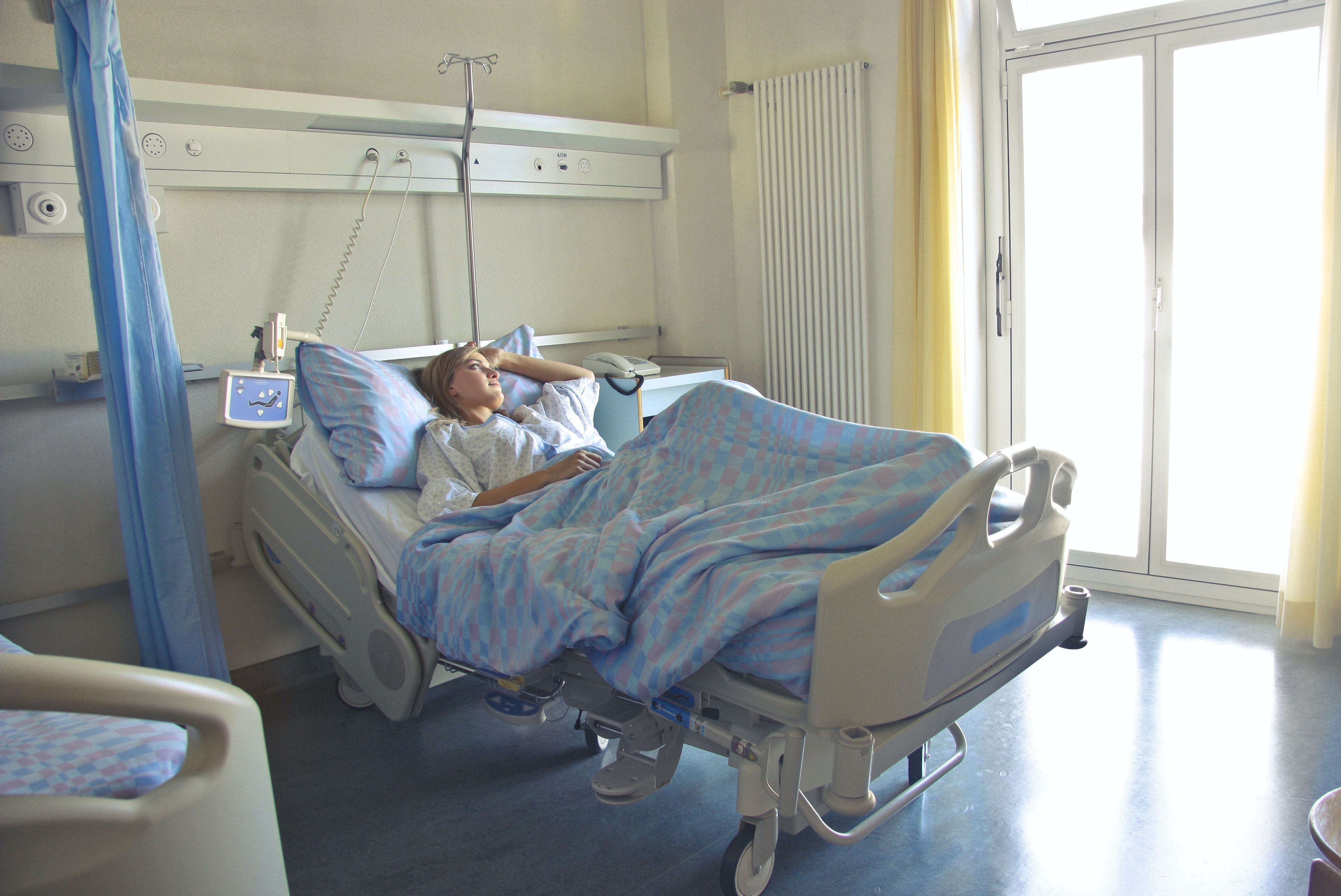Article
Increases in Acetic and Propionic Acids Found in NAFLD Patients With SARS-CoV-2
Author(s):
The investigators also found impaired biosynthesis of short-chain fatty acids in the coprofiltrate after analyzing the intestinal microbiome of patients with NAFLD who had SARS-CoV-2, manifested by an increase in the median acetic and propionic acids, as well as a decrease in the median butyric acid.
Credit: Andrea Piacquadio / Pexels

Investigators have begun to explore the gut flora of patients with non-alcoholic fatty liver disease (NAFLD) who show an immune response to SARS-CoV-2.1
A team, led by Yu.M. Stepanov, State Institution “Institute of Gastroenterology of the National Academy of Medical Sciences of Ukraine, determined the level of dysbiosis disorders of the colonic microbiocenosis in patients with NAFLD and an immune response to SARS-CoV-2.
NAFLD
The prevalence of NAFLD has been increasing globally in recent years. This remains a concern, particularly for patients with an immune response to SARS-CoV-2.
Recently, a lot of research has focused on the influence of microflora on the development and progression of NAFLD.
In the study, the investigators examined 34 patients with NAFLD with an IgG to SARS-CoV-2. Each patient was put into either a group with no history of SARS-CoV-2 according to the polymerase chain reaction (PCR) data or patients with a history of SARS-CoV-2 by PCR. There was also a control group of 10 practically healthy participants.
The investigators performed chromatographic determination of the content of short-chain fatty acids, species, and quantitative composition of the colonic microflora.
Results
The results show changes in the qualitative and quantitative composition of the colonic microflora in 88.2% of the NAFLD group. There was a predominance of dysbiosis II in 41.2% of patients in the first group and dysbiosis I in 70.6% of the patients of the second group.
The changes were largely because of a decrease in the number of bifidobacterial and lactobacilli, as well as an increase in the concentration of opportunistic pathogens, fungi of the genus Candida spp.
The investigators also found impaired biosynthesis of short-chain fatty acids in the coprofiltrate after analyzing the intestinal microbiome of patients with NAFLD who had SARS-CoV-2.
This was manifested by an increase in the median acetic and propionic acids, as well as a decrease in the median butyric acid in patients in the first group. The median anaerobic index also resulted in a statistically significant decrease in patients of the first group by 1.5 times (P <0.05) and a tendency to a decrease in patients in the second group.
Finally, the investigators found significant intergroup differences for anaerobic index, with a median 1.4 times higher in the second group compared to the first group (P <0.05).
“A decrease in the level of normoflora representatives, an increase in opportunistic pathogens, a tendency to a decrease in the concentration of butyric acid, an increase in acetic and propionic acids in the feces were found in patients with NAFLD who had SARS-CoV-2,” the authors wrote.
References:
Stepanov, Y., Didenko, V., Klenina, I., Tatarchuk, O., Vishnarevska, N., & Petishko, O. (2023). Evaluation of the state of colonic microflora in patients with non-alcoholic fatty liver disease with immune response to SARS-CoV-2. GASTROENTEROLOGY, 57(1), 23–29. https://doi.org/10.22141/2308-2097.57.1.2023.525





